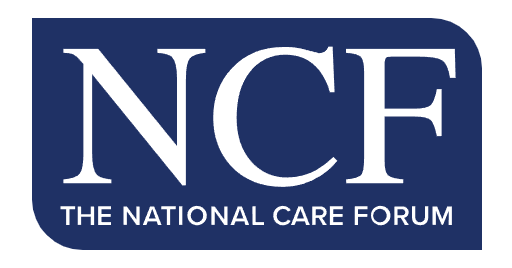A coalition of care charities and housing associations has written an open letter to the cabinet ministers, warning of “the most acute recruitment and retention crisis that we are aware of historically”.
The crisis has been caused by “many years of underfunding in the sector, compounded by a number of other factors including some staff exhausted from the pandemic and others moving to the NHS due to different approaches on mandatory vaccine regulations”, the letter adds.
The open letter has been signed by the chief executives of a number of housing and care organisations including National Care Forum’s Vic Rayner, The Orders of St John Care Trust Dan Hayes and MHA Methodist Homes’ San Monaghan.
Also signing is Anchor Hanover’s chief executive Jane Ashcroft and Craig Moule, group chief executive of Sanctuary Group including Sanctuary Care and Sanctuary Supporting Living.
They warn that staff turnover in the sector is around 30% “and rising”.
“Not only are these workforce issues causing our services to be stretched, they are also preventing organisations like ours from providing essential care to more people who need it,” the letter adds.
“This is inevitably leading to more people having to stay in hospital unnecessarily when they are unable to access care packages and be safely discharged.”
They are calling for a retention bonus for care staff, in recognition of their “dedication” during the Covid-19 health crisis.
Care workers should also be added to the list of occupations with shortages to enable more overseas workers to obtain visas to work in the sector.
A Workforce Capacity Fund should be created to tackle immediate recruitment and retention issues, their letter says.
It adds: “Without the social care workforce we have no care system. Their skills and dedication, highlighted by the pandemic, have been undervalued for too long.”
Wider recruitment concerns
The warning from housing and care charities comes amid rising fears of further recruitment challenges across the voluntary sector.
A report by consultancy Lark Owl found that current workload pressures were leading to “unsustainable” levels of burnout.
In addition, the union Community is concerned that there will be a “mass exodus of charity sector staff” from October. This is when service delivery pressures are set to escalate when the £20 uplift to Universal Credit comes to an end.
Also in September, a report revealed that the number of applicants applying for the average charity job had fallen by more than three quarters.
Latest News
-
NCVO CEO to lead Shelter
-
Starting point for using AI 'has to be your legal duties', expert warns charities
-
'Waxing lyrical about volunteering' among young people pays off, research finds
-
Children’s charity appoints first head of fundraising.
-
Businessman set up charities to siphon off £270,000 in Gift Aid payments, regulator finds
-
Women and girls’ charities face a ‘looming crisis’ due to demand surge
Charity Times video Q&A: In conversation with Hilda Hayo, CEO of Dementia UK
Charity Times editor, Lauren Weymouth, is joined by Dementia UK CEO, Hilda Hayo to discuss why the charity receives such high workplace satisfaction results, what a positive working culture looks like and the importance of lived experience among staff. The pair talk about challenges facing the charity, the impact felt by the pandemic and how it's striving to overcome obstacles and continue to be a highly impactful organisation for anybody affected by dementia.
Charity Times Awards 2023
Mitigating risk and reducing claims

The cost-of-living crisis is impacting charities in a number of ways, including the risks they take. Endsleigh Insurance’s* senior risk management consultant Scott Crichton joins Charity Times to discuss the ramifications of prioritising certain types of risk over others, the financial implications risk can have if not managed properly, and tips for charities to help manage those risks.
* Coming soon… Howden, the new name for Endsleigh.
* Coming soon… Howden, the new name for Endsleigh.
Better Society

© 2021 Perspective Publishing Privacy & Cookies











Recent Stories